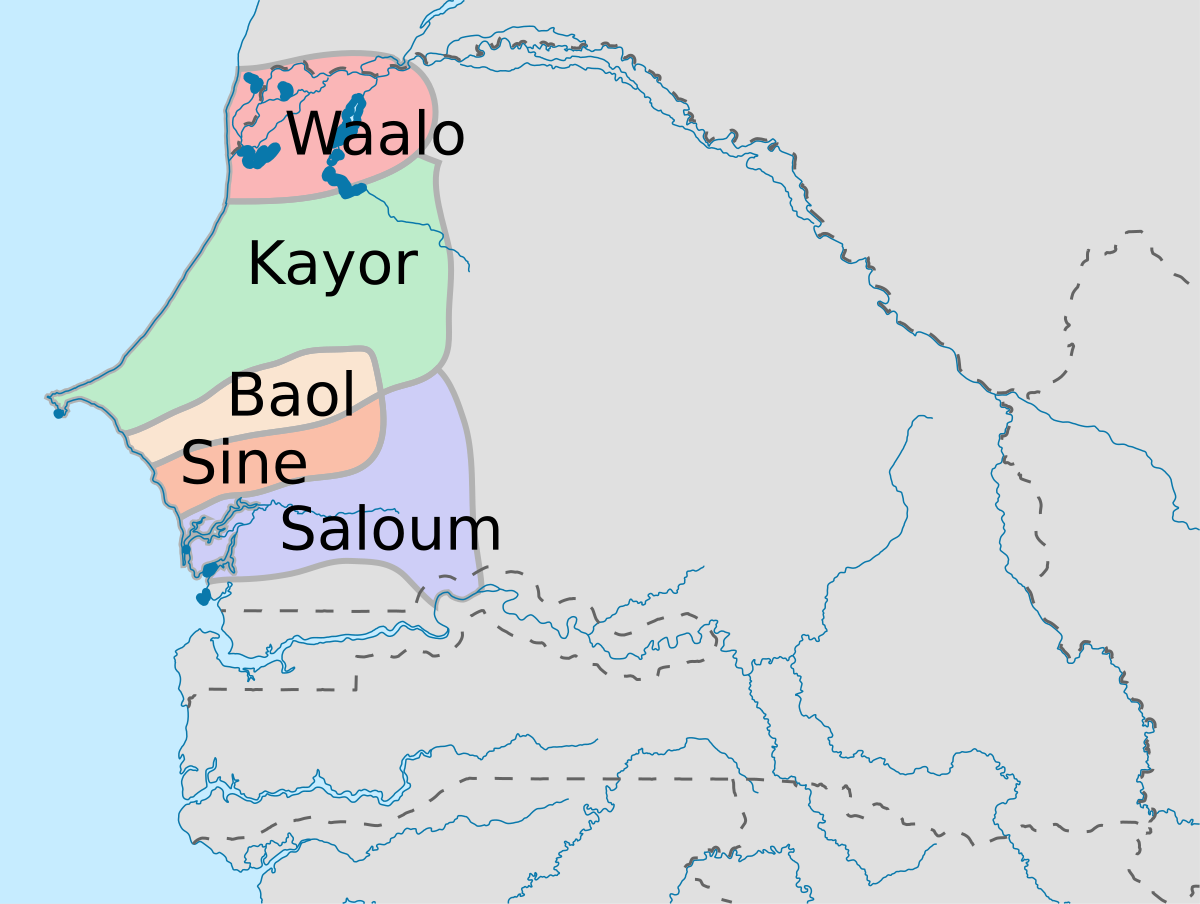In the story of Queen
This piece of information peaks high interest as the most popular and documented female army in Africa is the Dahomey Amazons who inspired the female warriors in Black Panther.
In the absence of no recorded name given to this distinct and powerful Senegalese army of women, it is only appropriate to refer to them as the Waalo female warriors.
Before the invasion of the Arabs and the French, the Waalo state was a matrilineal state that believed that men and women were equal and were capable of the same things. Women were therefore trained for military and political roles and women were allowed to rule.
Several sources indicate that the Waalo female warriors were set up as early as the start of the Waalo kingdom in the 11th century or just a few years after. Although there are no known recorded facts to prove this apart from conclusion from sources, they were surely in existence before the 17th century when the Dahomey Warriors were set up.

According to an article by African Heritage, the women in the royal palace known as the Linguers were trained to lead their army and usually led the female army. The Waalo female warriors were mentioned during the 15th century Battle of Nder and the Desert wars to have fought Arab invasion in the 16th century.
Like every army, Waalo female warriors were trained at an early age and prepared for war. While some guarded the kingdom, others also served the royal women in the palace and a Queen or Princess was their head often leading them into battle.

The Waalo female warriors are most acknowledged between the 18th and 19th century for their strong will and devotion to their ruler and kingdom.
In 1820, under the lead of Queen
The warriors were also led by the Queen’s daughters – Ndjeumbeut Mbodj who was exiled after leading them to several successful wars and Queen Ndaté Yalla Mbodj who led them to defeat the French, Moors and Arabs for over 10 years until she too was exiled.

Queen Ndaté Yalla Mbod
Despite
The Waalo female warriors were a strong army that outlived the Dahomey Amazons despite their smaller number. Today, the Dahomey Amazons are more popular due to the historical strength of the Dahomey Kingdom that attracted not only slave traders, merchants and white colonists, but also scholars who documented
However, traces and proof of the Waalo female warriors exist in bits and pieces of literature about the kingdom.










